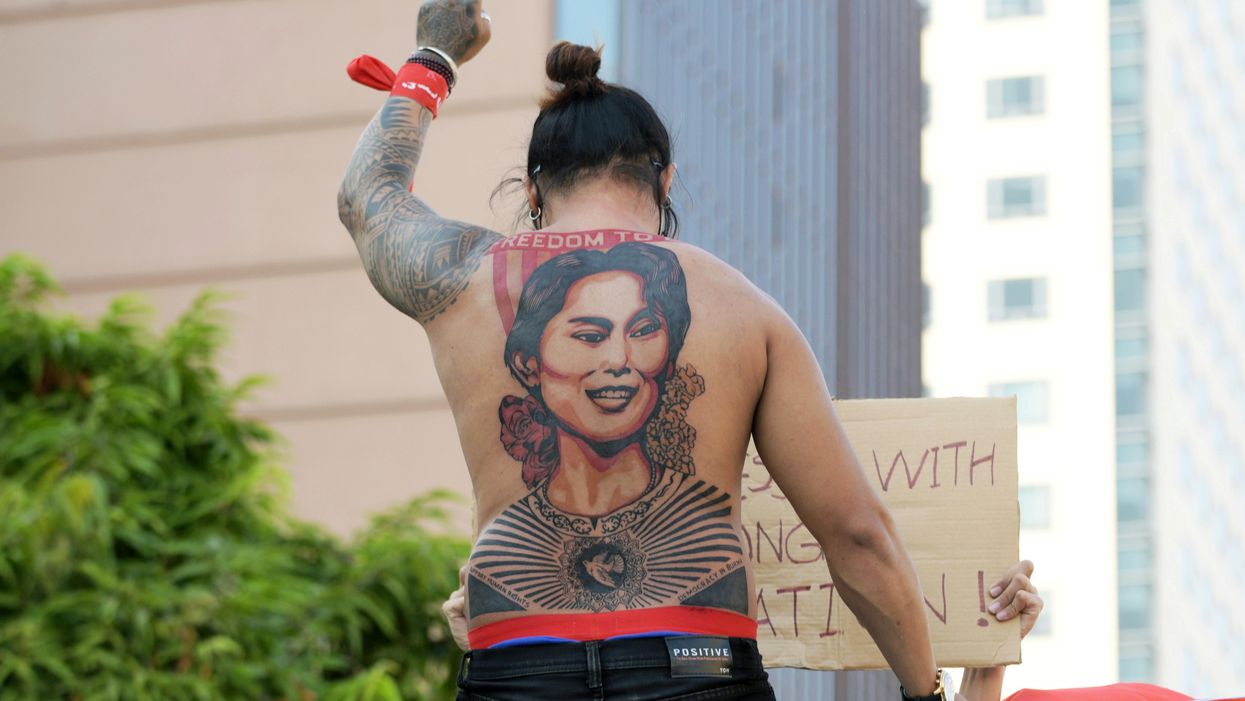ask ian
Haitian president's killing reflects unprecedented rise in violence
What do we know about the assassination of Haiti's president? What's the deal with US troops leaving Bagram airbase in the middle of the night? Is this latest COVID 19 vaccine corruption scandal going to be the one that sinks Brazil's Bolsonaro? Ian Bremmer shares his perspective on global politics this week:
Jul 07, 2021


